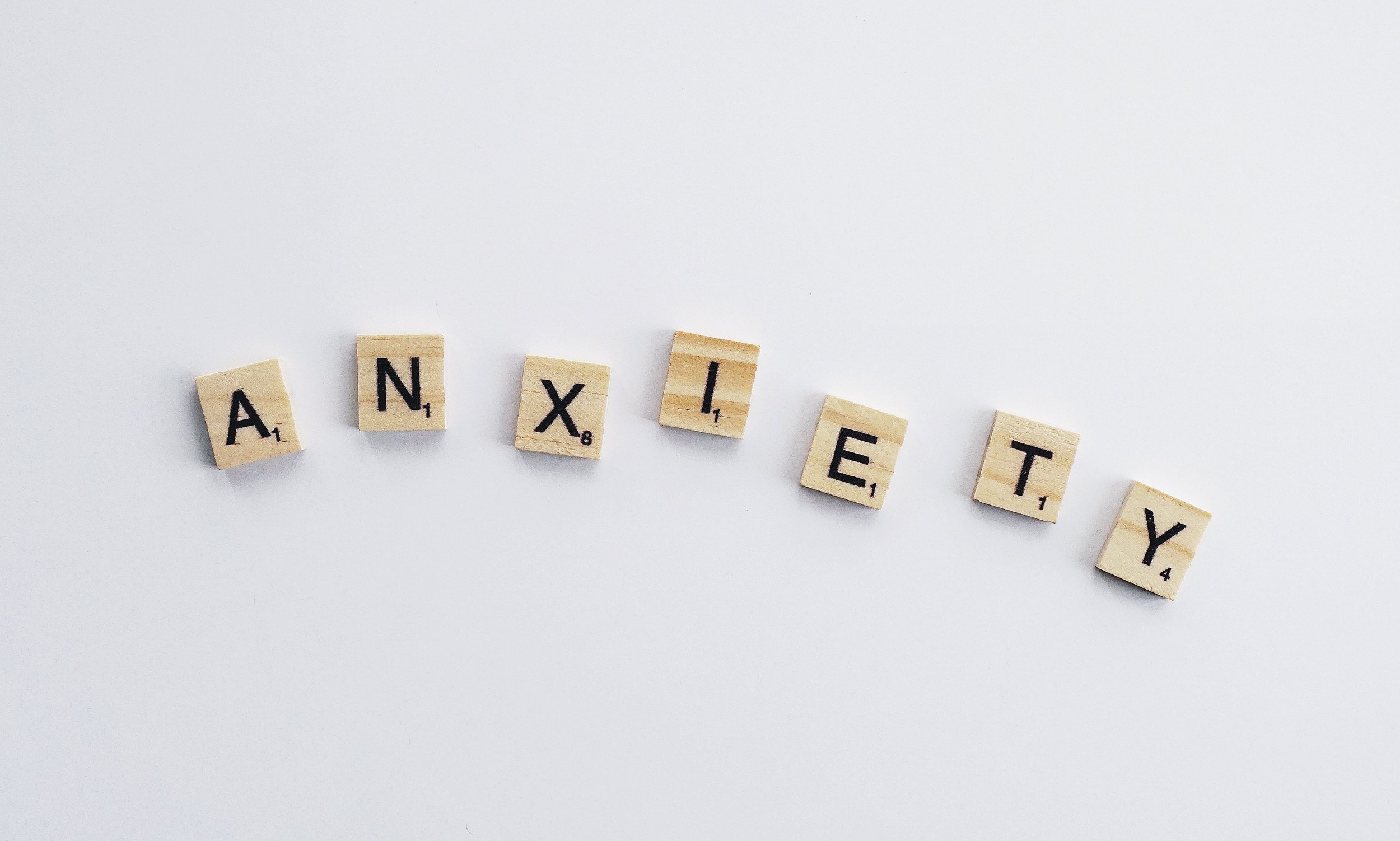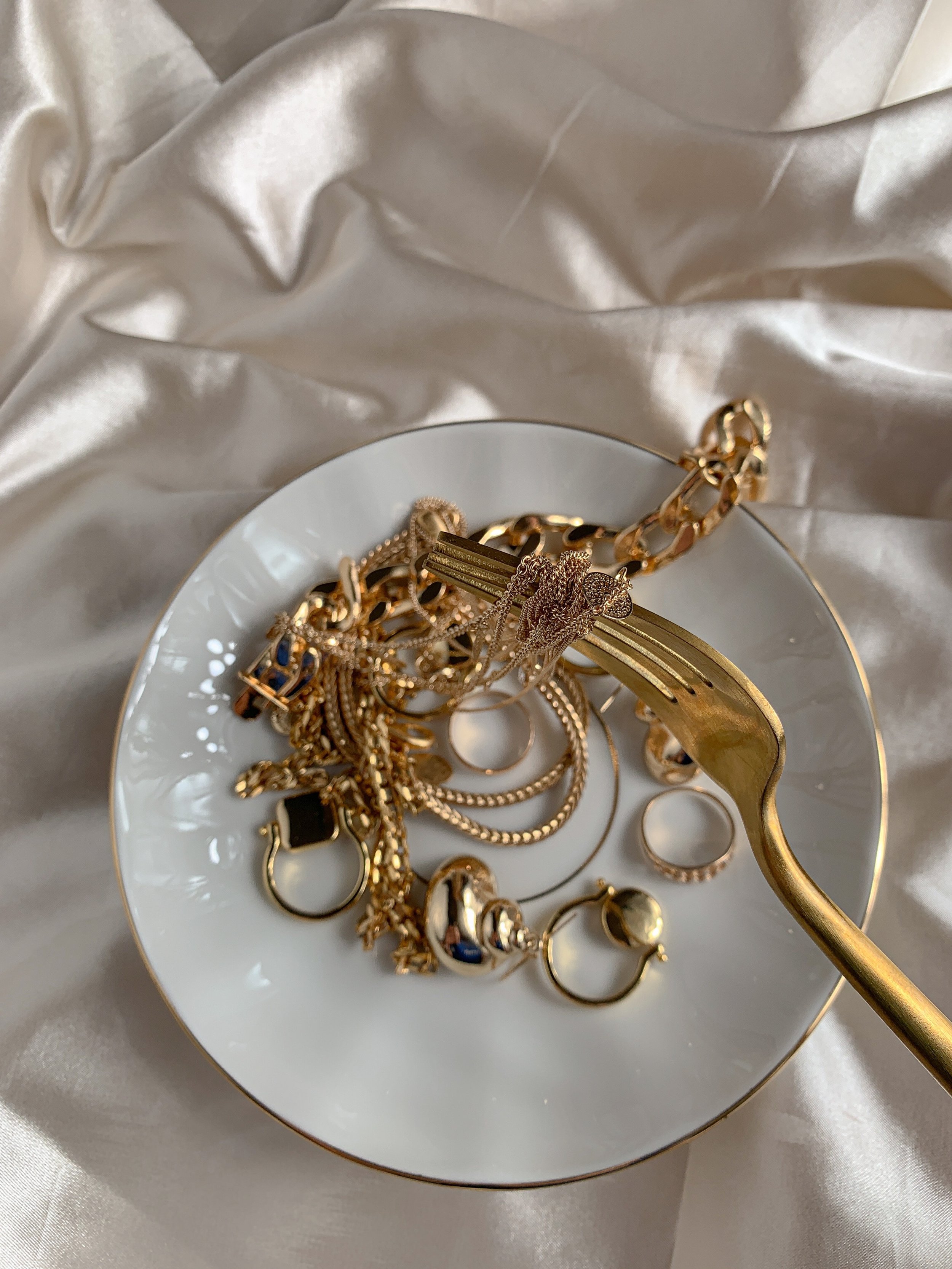Decluttering: The Secret to Letting Things Go for Better Mental Health
If you’re looking for reasons to let go of the clutter and mess within your spaces, here are a couple of ways to pare down in support of your mental health
Text: Rebecca Morais
Unnecessary clutter is one of the most common causes of an unhealthy environment
It’s a no-brainer that our environment affects our mood and daily lives. But did you also know that mess (whether physical or digital) can make you more stressed and overwhelmed than you should be? Unnecessary clutter is one of the most common causes of an unhealthy environment. Perhaps you’re not as bad as guests starring in the TV show Hoarders, but you might have your desk piled up with unnecessary books or your bedroom’s accumulated one too many candles.
Removing or controlling the clutter in our lives allows us to directly reduce these stressors, causing us to feel happier, less stressed and boosts confidence in ourselves.
If you're looking for reasons to let go of the clutter during this CNY spring clean, here are reasons why we hold on to material possessions and a couple of grounds that you should pare down in support of your mental health.
We assign meaning to the physical possessions and perceive their value as higher than it actually is
Why don’t we let go?
According to Psychology Today, there are three main reasons we struggle to get rid of our belongings. The first is due to the endowment effect whereby we overvalue our possessions. We assign meaning to physical custody and perceive their value as higher than it is. The second reason we keep things we don’t use is the sunk cost fallacy. For example, when you purchase something online and decide you don’t like it but can’t return it, you might keep it anyway. Finally, we keep items around just in case, especially if they're expensive. Arguably one of the best-named cognitive biases, the IKEA effect means that we value things we help build. People are willing to spend substantially more money to buy the furniture they create than the same IKEA furniture assembled by someone else.
Letting go of symbolic possessions
1.Reduce anxiety
An over abundance of possessions collectively creates chaotic and disorderly living spaces. Conversely, having less stuff means you have less to worry about, and your home can become the sanctuary you always wanted. In the KonMari Method™, your feelings are the standard for decision making. Specifically, knowing what sparks joy. To determine this when tidying, the key is to pick up each object one at a time, and ask yourself quietly, “Does this spark joy?” Joy is personal, so everyone will experience it differently. Through this process, you identify what you love and need.
2. Uplift your mood
Tidying and cleaning can be pretty relaxing. Refreshing a space by removing the clutter can influence your mind into thinking you've made a change and thus can help with depression. Tidying does not necessarily mean keeping a space clean but could also mean shifting items, letting go of things, and having a fresh perspective.
Many feel more energetic, clearer-headed, and have a sense of accomplishment and pride. But, of course, it is short-term relief. Still, the effects of tidying a small area can be an excellent springboard to find the energy and strength to take additional steps to heal and support mental health in other ways, such as seeking help from a professional therapist.
Finding lost treasure from decluttering
3. Gain closure
As challenging as it seems, acknowledge the meaning of an item, then let go of its symbolism. Sometimes a hard-to-toss item didn't even belong to the person or wasn't particularly important to them. Instead, it could be something that symbolises a time you had with someone—like a dining table from a past marriage the two of you sat on for two decades or your dad's old books you would have helped him toss out if he were still alive, accumulating clutter maybe how we cope with grief.
4. Find lost treasure
While you're decluttering, you often find items you'd forgotten you had. Tiny knick-knacks that you may have shoved at the back of a drawer or even jewellery. When you declutter, you often find lost treasures that will improve your mood. If the constant stream of things to pick up around your home leaves you feeling anxious, you're not alone - objects have the power to do just that.
These finds can create a sense of serendipity and abundance that can boost your mood and increase your energy tackling more prominent issues.














